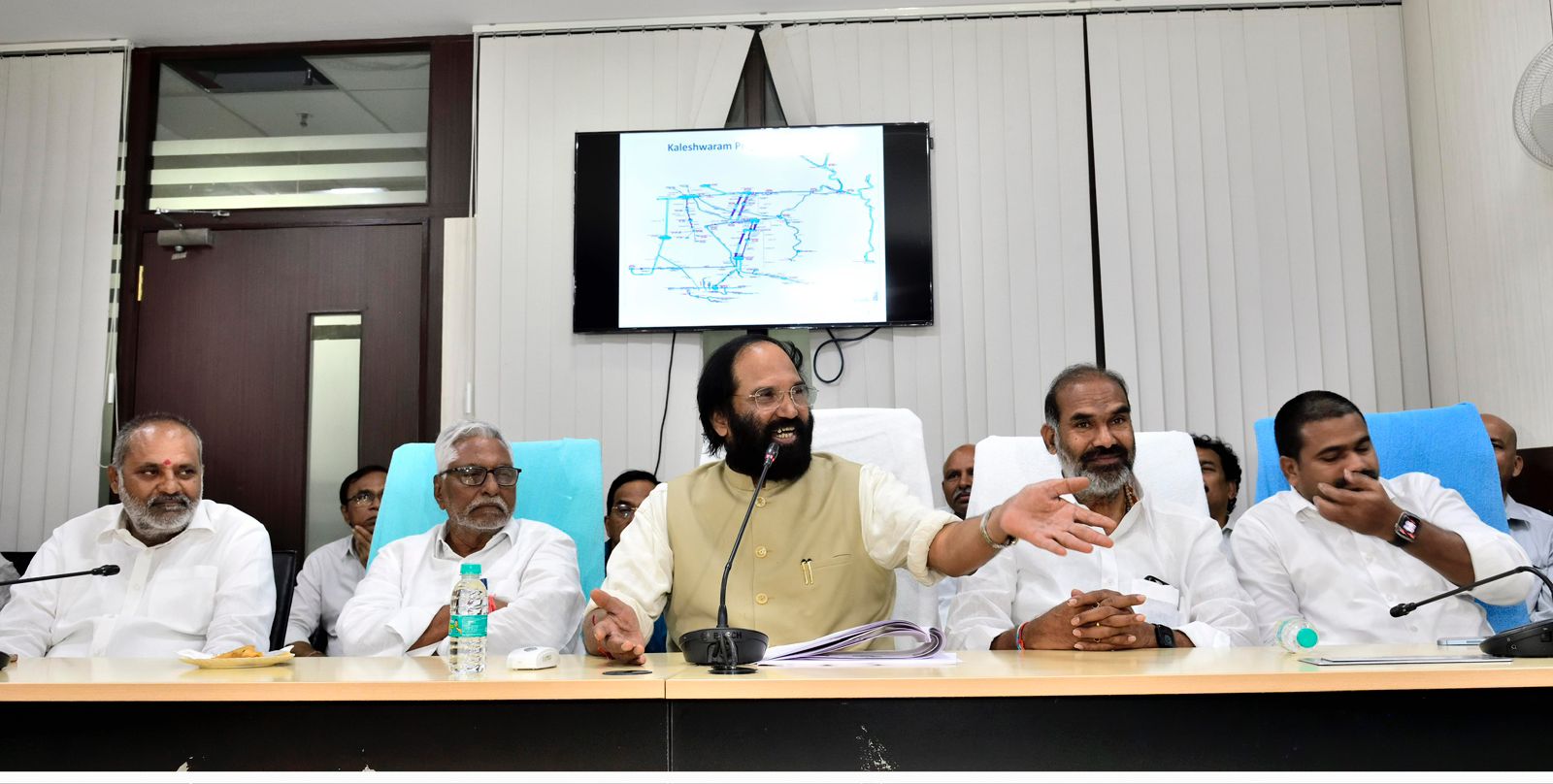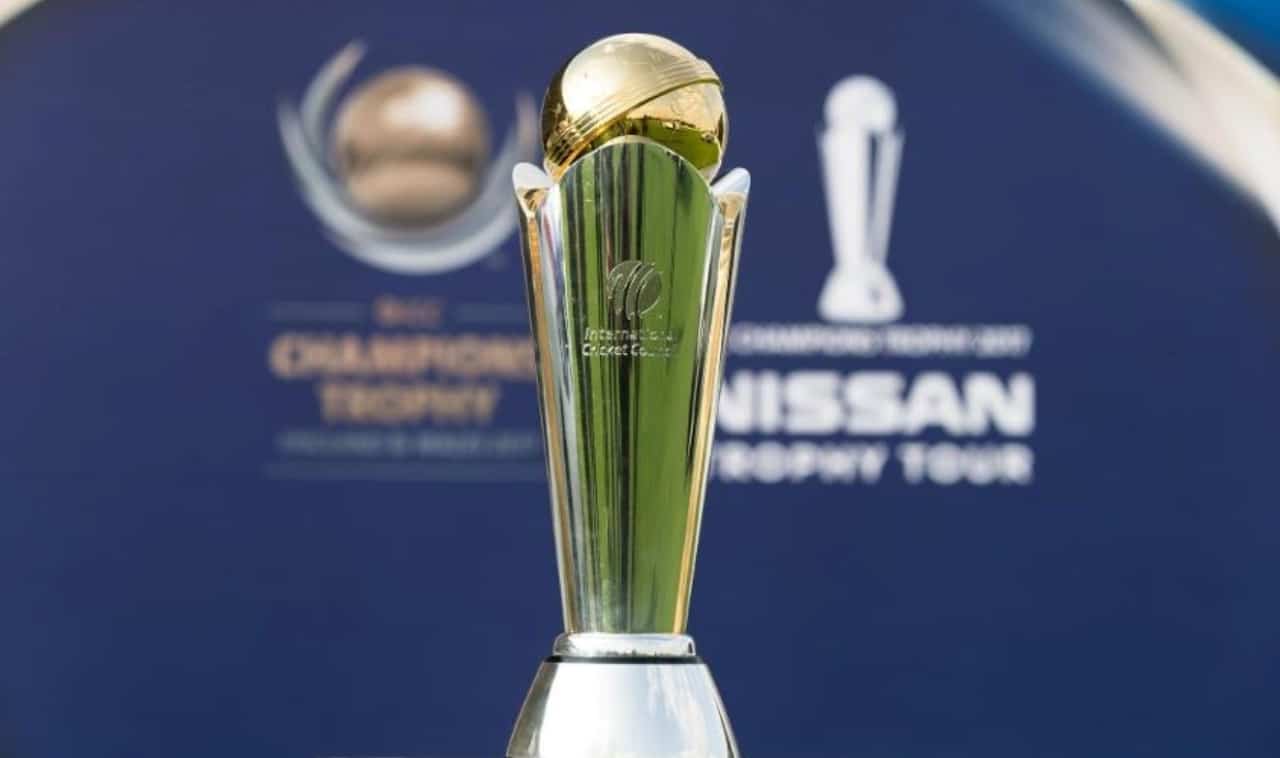Can simultaneous polls become a reality?

The Narendra Modi-headed Bharatiya Janata Party (BJP)-led National Democratic Alliance (NDA) government at the Centre has finally taken the initiative to debate and reach out for consensus to realize its electoral promise of ‘One Nation, One Election’ a reality. Whether that would be possible shortly as speculated by the electronic and print media looks a bit far-fetched. And, these channels’ guesses that the special Parliament session convened from September 18-22 was only to push through this Bill appear absurd. But yes, if Constitutional amendments are brought about in the ensuing special session, anything is possible. Can it be possible to taken an important decision without the consensus of all the political parties at such short notice, that too when polls to five states are scheduled this year-end or early next year, a few months before the general elections? Even imagining such a major decision that requires Constitutional amendments, not only looks impossible but bizarre too. The Prime Minister not only dwelled on this issue at length during his 77th Independence Day address to the nation but also on several other occasions. The BJP appears to be confident that despite Opposition parties forming India National Democratic Inclusive Alliance (I.N.D.I.A.) bloc in a last-ditch effort to stall the Modi-Amit Shah juggernaut roll all over as it did in the past – in 2014 by winning 336 seats and in 2019 a record 353 Lok Sabha seats. And, none can hide the fact that the same Opposition parties came together and fought against the BJP earlier too, but got rejected in the people’s court – whether in the assembly or the Lok Sabha polls. Ever since the BJP, along with allies, rode to power, it has neutralized the strong regional parties in various states, like the Samajwadi Party (SP) in Uttar Pradesh or Rashtriya Janata Dal (RJD) in Bihar. However, Odisha, West Bengal, Tamil Nadu, Andhra Pradesh and Telangana are exceptions.
The ‘One Nation, One Election’ concept aims to hold simultaneous elections to the Lok Sabha and all assemblies, either on a single phase or within a specific time frame. Over the years, Modi has pushed strongly for the idea, and the decision to task former president Ram Nath Kovind to look into it underscores the government’s seriousness as a host of elections approach. However, the recent moves by the government indicate the possibility of advancing the Lok Sabha election, to be held with some assembly polls. The primary benefit of ‘One Nation, One Election’ concept is the reduction in costs as separate elections entail huge financial resources. It would also ease the burden on administrative staff and security forces, which otherwise are engaged multiple times in election duties. It the ‘One Nation, One Election’ format is implemented, the government can focus more on governance rather than being in election mode, which often leads to policy paralysis. Added to this, even the Law Commission endorses it citing increase in voter turnout as it becomes easier for people to cast votes at once in two different EVMs.
But, the ‘One Nation, One Election’ proposal may need changes in the Constitution and other legal frameworks. It would then need the state assemblies’ consents. This, however, is not a new concept. India had simultaneous polls from 1957 to 1967 and it was called general elections then, but then India had fewer states and a small number of electorate. So, why are the Congress and others opposed to it now? The regional parties feel rattled as they fear regional matters might get overshadowed by national issues, affecting their electoral prospects, which may not be true, if one looks at the way the electorate of Andhra Pradesh, Odisha, West Bengal, Telangana and Tamil Nadu voted. However, it requires an agreement among all political parties and the Opposition parties have already expressed their reservations. Against that backdrop, the government’s special five-day Parliament session may not be able to bring in this legislation before the 2024 Lok Sabha polls. And, it is also foolhardy to think that the Centre will pre-pone Lok Sabha elections to be held with polls to the 4-5 states. Not only this, but even other poll promises made in the BJP’s 2014 and 2019 election manifestos, like the Uniform Civil Code (UCC) and Women’s Reservations Bill, are also unlikely to be broached. For the NDA government to table the ‘One Nation, One Election’ proposal, the Kovind panel need to come up with a feasibility report after consulting with all the stakeholders, including the I.N.D.I.A. bloc, which consists of as many as 28 political parties, including the major stakeholders like the Congress, TMC, DMK, SP, RJD, JD(U) and AAP to name a few and it looks impractical. Although none knows what is up the Modi government’s sleeves, as any or all of these Bills may be tabled in both the Houses of Parliament and go to the people to seek votes in the five states and Lok Sabha polls, to derive some political mileage, boasting that the party could fulfill all its election promises and it is up the people to decide its fate at the hustings. The NDA could take heart that the pollsters are predicting a repeat of its 2019 performance with a shortfall of 30-40 seats, at the worst. On the other hand, they gave less than 200 seats for the I.N.D.I.A. bloc, way short of reaching the magic figure of 270-280 seats required to form the government.




